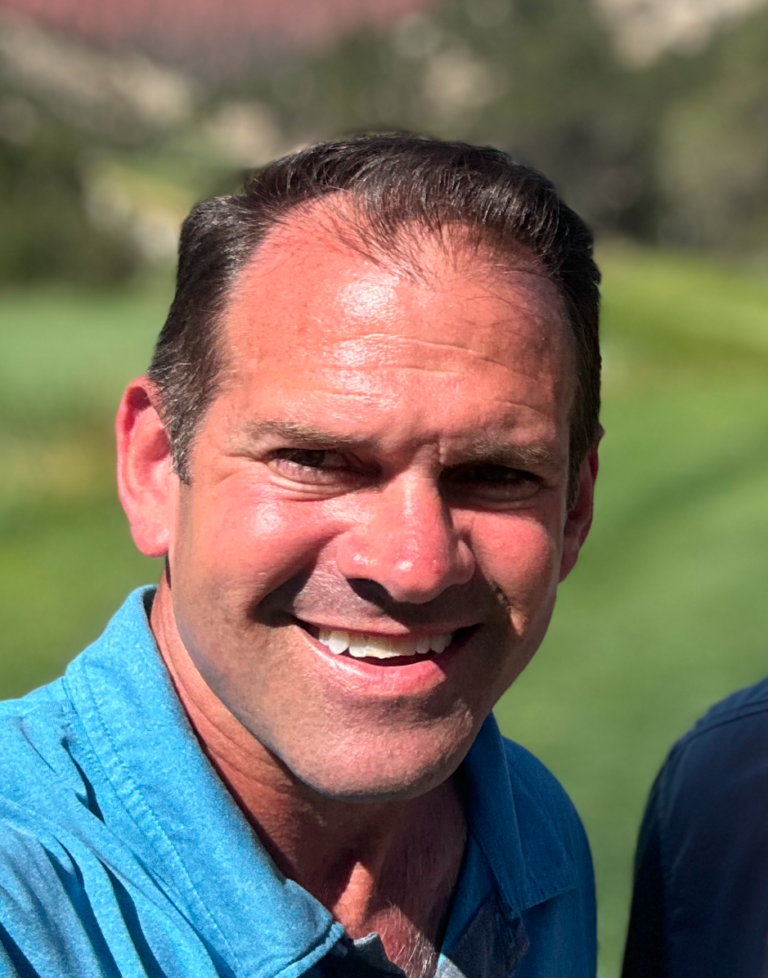The Next Decade in Heart Health: Dr. Ian Weisberg’s Insights into Emerging Cardiology Trends
The Next Decade in Heart Health: Dr. Ian Weisberg’s Insights into Emerging Cardiology Trends
Blog Article
Cardiology is on the verge of a technological and medical innovation, with advancements collection to transform heart disease avoidance, analysis, and treatment. Dr Ian Weisberg Niceville Florida, a number one expert in cardiac electrophysiology, anticipates many innovative inventions that may redefine exactly how we method heart health.

1. AI-Powered Diagnostics and Predictive Medicine
Artificial Intelligence (AI) is already making dunes in cardiology, but Dr. Weisberg feels their role can increase significantly. AI-driven ECG evaluation, equipment learning formulas, and predictive designs will allow health practitioners to identify cardiovascular disease risks before indicators appear. This change toward preventive cardiology wil dramatically reduce disaster interventions and increase individual outcomes.
Also, AI-assisted imaging may improve early detection of coronary artery illness, ensuring that individuals get treatment before a heart attack occurs.
2. Personalized Medication for Center Individuals
Every heart is unique, and Dr. Weisberg envisions a future wherever cardiology therapies are customized to each patient's genetic profile. With improvements in genomics and biomarker evaluation, doctors will be able to prescribe extremely customized medicines, diet plans, and treatment ideas that function most readily useful for an individual's cardiovascular health.
As an example, gene therapy is showing assurance in treating learned center conditions, possibly reversing genetic problems that cause heart disease.
3. Minimally Unpleasant Procedures Can End up being the Norm
Traditional open-heart procedures are slowly being changed by minimally unpleasant techniques. Dr. Weisberg foresees catheter-based procedures, robotic-assisted surgeries, and next-generation stents becoming safer, faster, and more precise.
One key growth is bioresorbable stents, which dissolve naturally after therapeutic the artery, eliminating long-term dangers connected with material implants.
4. Remote Monitoring and Smart Wearables
Smartwatches and AI-powered wellness trackers are getting necessary instruments for tracking heart wellness in actual time. Dr. Weisberg features the growing use of implantable products that will continuously monitor arrhythmias, body stress, and oxygen degrees, giving alerts directly to medical practioners when irregularities occur.
This technology allows patients to receive treatment without repeated hospital trips, making cardiology more available and efficient.
5. Regenerative Medication and Stem Mobile Treatment

Dr. Weisberg predicts that stem cell therapy and tissue design will play an essential position in heart disease recovery. Scientists are discovering ways to replenish damaged heart muscle, probably curing the results of center failure and myocardial infarctions (heart attacks).
With continuing study, people might shortly take advantage of cell-based treatments that regain heart purpose instead than just controlling symptoms.
Conclusion: A New Era for Cardiac Attention
Dr Ian Weisberg's forecasts color another where cardiovascular disease is found earlier in the day, handled more efficiently, and actually corrected using sophisticated medical technologies. With improvements in AI, customized medication, minimally invasive methods, remote monitoring, and regenerative treatments, the future of cardiology is better than ever.
Report this page